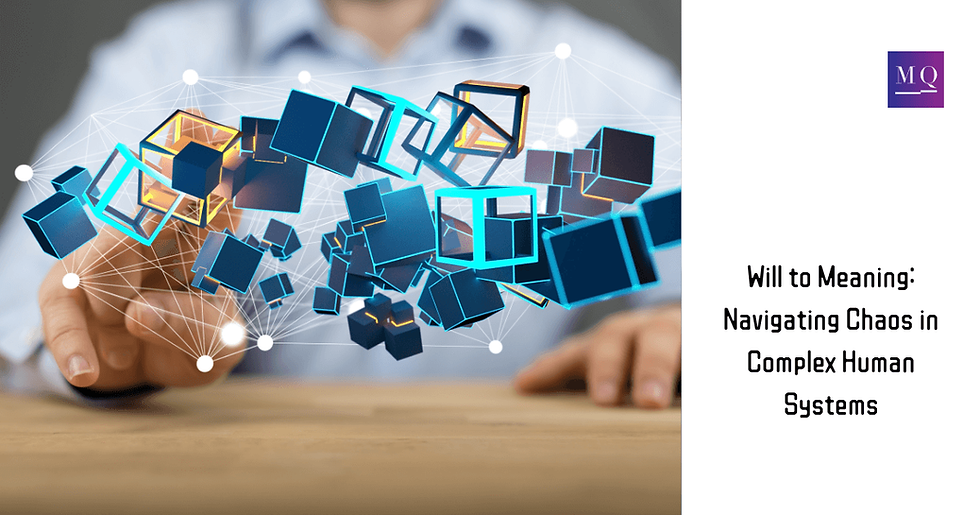Relation to Technology in AI Society - Being human in the age of AI (2/3)
- Deepak Bansal
- Nov 18, 2019
- 3 min read
Updated: Jul 22, 2023
Chris' worst nightmare came true. For the last ten years, he has taken pride in his job as a claims auditor. He has reduced the claims processing time from a week to a couple of days and has consistently managed the fine line between customer satisfaction and fraud detection. He even gained a reputation for being an eagle-eyed auditor. Today, his eagle-eye got replaced by an invisible technological eye that can do a better job than him within minutes. He survived the day faking his smile; however, the evening star has brought-up deep-seated existential questions in him: What will be my role in the society now?

According to a Forbes article in Jan 2019, around 40% of jobs will be lost to AI & Robots in the next 15 years. The existential question which Chris is currently battling with might become our shared reality, and lack of answers can even increase the rate of depression and suicide. Is this angst of unknown, which is coming together with exponentially scaling technology new for humankind?
The word technology is derived from the Greek word, techne, meaning art & craft, and logy signifying logic. Even though for Chris, it is a new reality, the face-to-face encounter with technology (art & craft) has brought forward further questions for humankind since the stone age. According to Gilbert Simondon (1924-1989), a French Philosopher, if we look back at three significant periods of technological advancement, we would find that our relationship with technology has always impacted our existential quest.
Starting with pre-agrarian (agriculture) age, the invent of artisanal manual tools provided a new language to humans to express their creativity by developing practically useful products and created a unique harmony between nature, humans, and tools. However, the second nineteenth-century modern industrial age, with its move from hand processes to machines using the advents in thermodynamics, burnt not only the natural resources but also human's direct relationship with the output of work. As an individual produced a leg rather than a whole chair, they become more alienated with the satisfaction which they used to receive by constructing an entire chair.
The current age of information processing has brought a new set of polarizing challenges and opportunities. As we are connected to the entire world through an invisible web, we have the potential of creating new harmonized structures of meaning; however, these structures can also overwhelm us by making us redundant. Chris, as he leaves his job, is an example of our scattered psyche in the twenty-first century, everything on our fingertip still no place to go.
Taking Chris as a representative, what shall be our role in society now? I believe "participation." Participation with all our humanness, our intellectual strengths, our emotional vulnerabilities, and our quest for meaning. We have the option of making an evolutionary change in our life-styles by participating in technological advancements, e.g., Chris can become an expert which technology will model, become a customer face, or train people on new processes. An alternative would be to make a revolutionary change by participating in making this world more human through educational, sustainable, & well-being services.
Whatever we choose, participation requires resilience and continuing education. We are in the age where we have to overcome ourselves again, and again. We better get ready; we might even enjoy the journey.
This article is first of 3-part series on Being Human in the age of AI. Names and Gender might have been changed.
Deepak Bansal, a philosopher, engineer, & entrepreneur, is a founder of MQ Learning. He is passionate about integrating logic, relations, and human values for meaning driven personal and professional development.





Comments